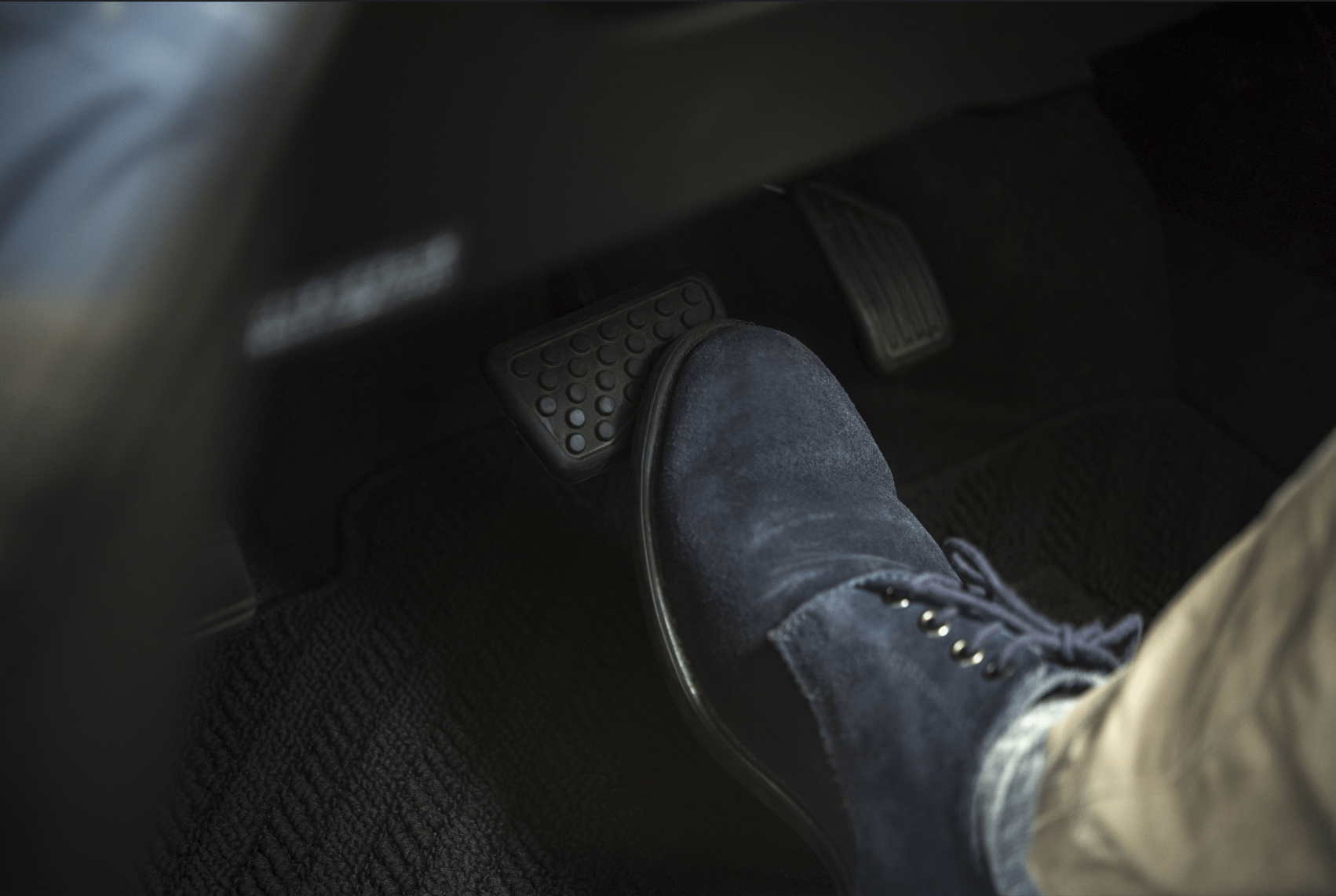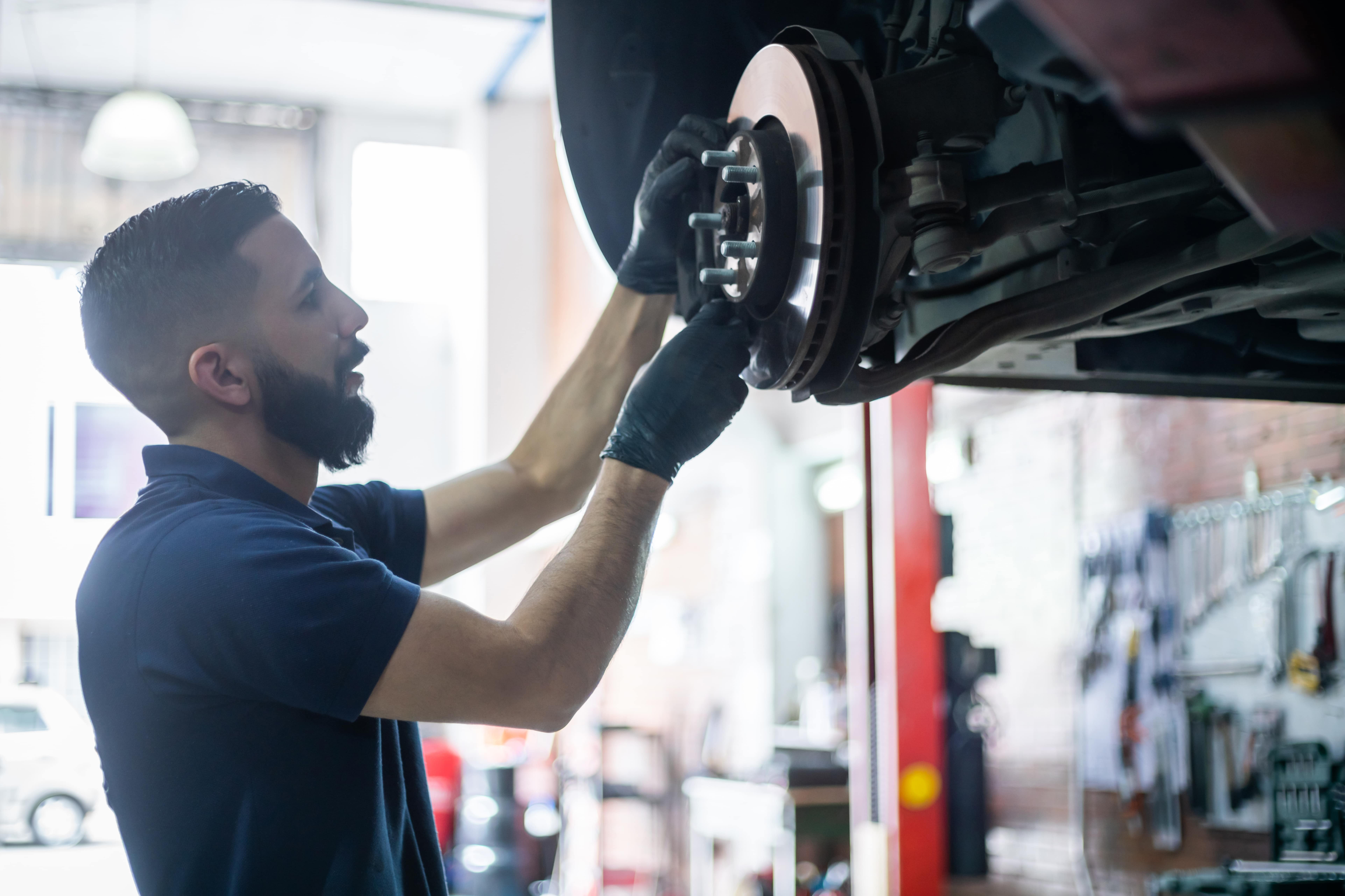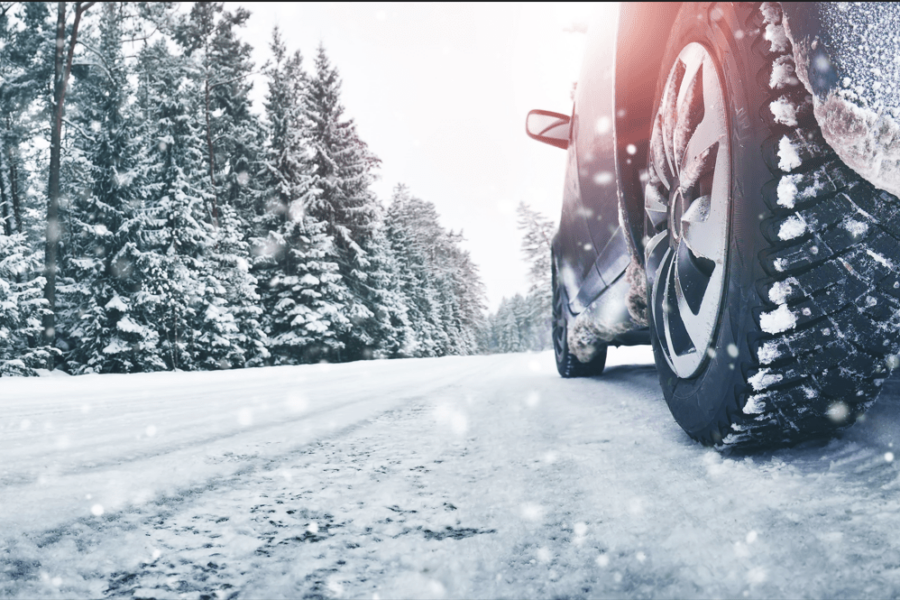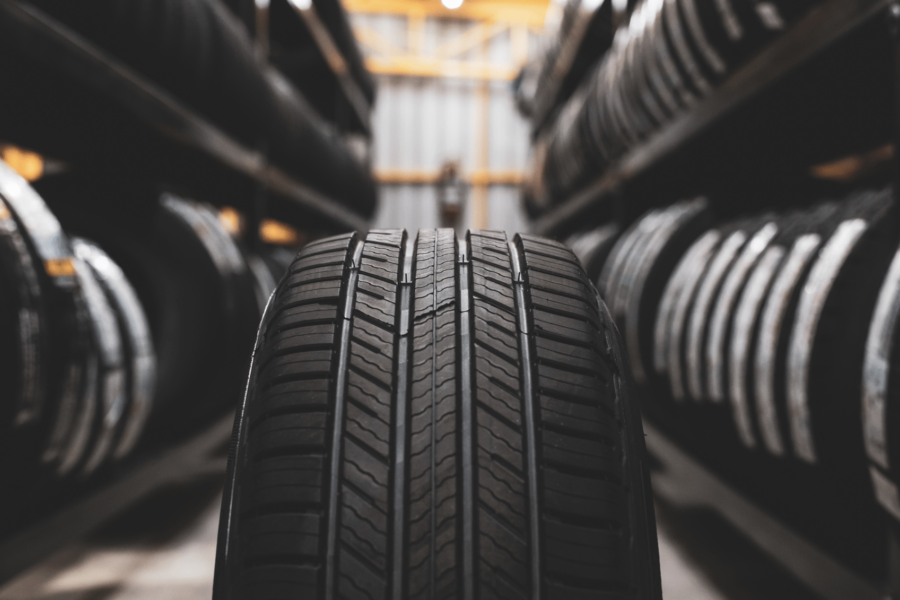HOW LONG DO BRAKE PADS LAST?
Imagine driving down a busy highway during rush hour, and the traffic ahead of you suddenly stops. When you hit the brake pedal, your brake pads will do the most crucial work in ensuring you don’t collide with the vehicle in front of you. So, you want to know how long brake pads last, so you’re not caught unawares.
Brake pads are a crucial part of your vehicle’s braking system and are critical in keeping you and others safe. Find out how long they last and when to replace them.
How Long Before Replacing Your Brake Pads?
Brake pads are a critical component of a vehicle’s braking system. Your car’s brake pad lifespan can vary depending on several factors. These factors include:
- Driving style
- Vehicle type
- Brake pads quality
On average, brake pads can last anywhere from 25,000 to 70,000 miles, but this can vary widely. For example, high-performance vehicles and aggressive driving styles may result in a shorter lifespan for brake pads. On the other hand, more conservative driving and lighter cars may allow the brake pads to last longer.
It’s also important to note that the brake pads’ quality can significantly affect their lifespan. Cheap, low-quality brake pads may wear out faster than higher-quality, more durable ones.

The Cause of Wear and Tear on Brake Pads
As you press your foot on the brake pedal, your vehicle screeches to a halt. But have you ever wondered how this happens? It’s all thanks to friction, the force that opposes motion.
When you step on your brakes, the brake pads press against the brake rotor, producing friction that slows down your car. However, this constant contact between the brake pads and rotor leads to gradual wear and tear of the brake pads.
Brake pads are a mixture of metallic and non-metallic materials. When you brake, the friction generates immense heat, which causes the brake pads to wear down over time. As the brake pads wear, they become thinner, losing their ability to grip the rotor and generate the necessary friction for braking.
It’s worth noting that rotor wear happens much more slowly than brake pad wear. If you’ve ever noticed a black residue on your wheels, it’s most likely brake dust from the pads and not rotor wear.
Maintaining your brake pads regularly and replacing them when worn out can prevent further damage to the braking system and ensure your safety on the road.
Factors Affecting Brake Pad Lifespan
Several factors can affect the lifespan of your brake pads, and here are some of them.
Driving Style: How you operate your vehicle can significantly impact the lifespan of brake pads. Hard braking, sudden stops, and aggressive driving can wear down the brake pads much quicker than gentle and controlled driving.
Vehicle Weight: The weight of your vehicle can also affect the lifespan of brake pads. Heavier vehicles require more force to stop and can make the brake pads wear faster.
Brake Pad Material: The type of material used in the brake pads can also impact their lifespan. Ceramic brake pads, for instance, typically last longer than semi-metallic or organic pads.
Driving Conditions: Driving in harsh conditions can cause the brake pads to wear down faster. Similarly, driving in areas with steep inclines or declines can put more strain on the brakes, and this causes them to wear down faster.
Maintenance: Regular maintenance can extend the lifespan of brake pads. Neglecting maintenance can cause brake pads to wear down faster and even cause damage to other components of the braking system.
7 Clear Signals Your Brake Pads Need Replacement
Here are seven signs you need to change your brake pads:
1. Squeaking or Grinding Noise When Braking
If you hear a high-pitched squealing or grinding noise when you apply the brakes, it’s a sign that you have worn-out brake pads. The noise results from the metal components of the brake pad grinding against the rotor.
If you ignore this sound, it could lead to more severe damage to your brake system. Eventually, it makes it difficult to stop your car.
2. Vibration or Pulsation in the Brake Pedal
If you feel vibrations or pulsing when you apply the brakes, your brake pads may be unevenly worn or warped. This vibration occurs due to uneven contact between the brake pads and the rotor.
Worn brake pads can cause the rotor to warp over time. And if you continue to drive with warped rotors, it can lead to expensive repairs.
3. Longer Stopping Distances Than Usual
If your car takes longer to come to a complete stop than usual, it could be a sign that you have significantly worn-down brake pads. Worn brake pads increase stopping distance, which can be dangerous in emergencies where you must stop quickly.
4. Reduced Responsiveness of the Brakes
If your brakes feel less responsive than usual, it could indicate that you have worn-out brake pads. When brake pads wear down, they can’t grip the rotor as effectively. It reduces the overall stopping power of your vehicle.
This reduced responsiveness can make it more difficult to stop your car. Stopping your vehicle becomes more challenging, especially in wet or slippery conditions.
5. Brake Warning Light on the Dashboard
If your brake warning light comes on, it could indicate that you have worn-down brake pads to the point where they need replacements. This warning light may also indicate a more severe issue with your brake system. So, having it checked out by a professional mechanic is important.
6. Uneven Wear on the Brake Pads
If your brake pads show uneven wear patterns, it could indicate that they are not making even contact with the rotor. This uneven wear can cause vibrations and noise when braking and reduce the overall stopping power of your vehicle.
7. Visible Signs of Thinning or Cracking on the Brake Pads
If you can visually inspect your brake pads and notice that they are thinner than usual or have cracks in the surface, it’s a sign that you need to replace them.
If you find yourself concerned about the longevity of your brake pads or have noticed any warning signs indicating wear and tear, it’s crucial to address the issue promptly. Trust our Clay Dooley Team to provide you with top-notch brake repair and service for your vehicle.
Don’t wait until it’s too late to address brake-related concerns – take proactive action now to maintain your vehicle’s safety and performance. Schedule a brake service appointment with us today, and rest easy knowing that your cherished vehicle is receiving the best possible care from our skilled team. Your peace of mind is our priority!


